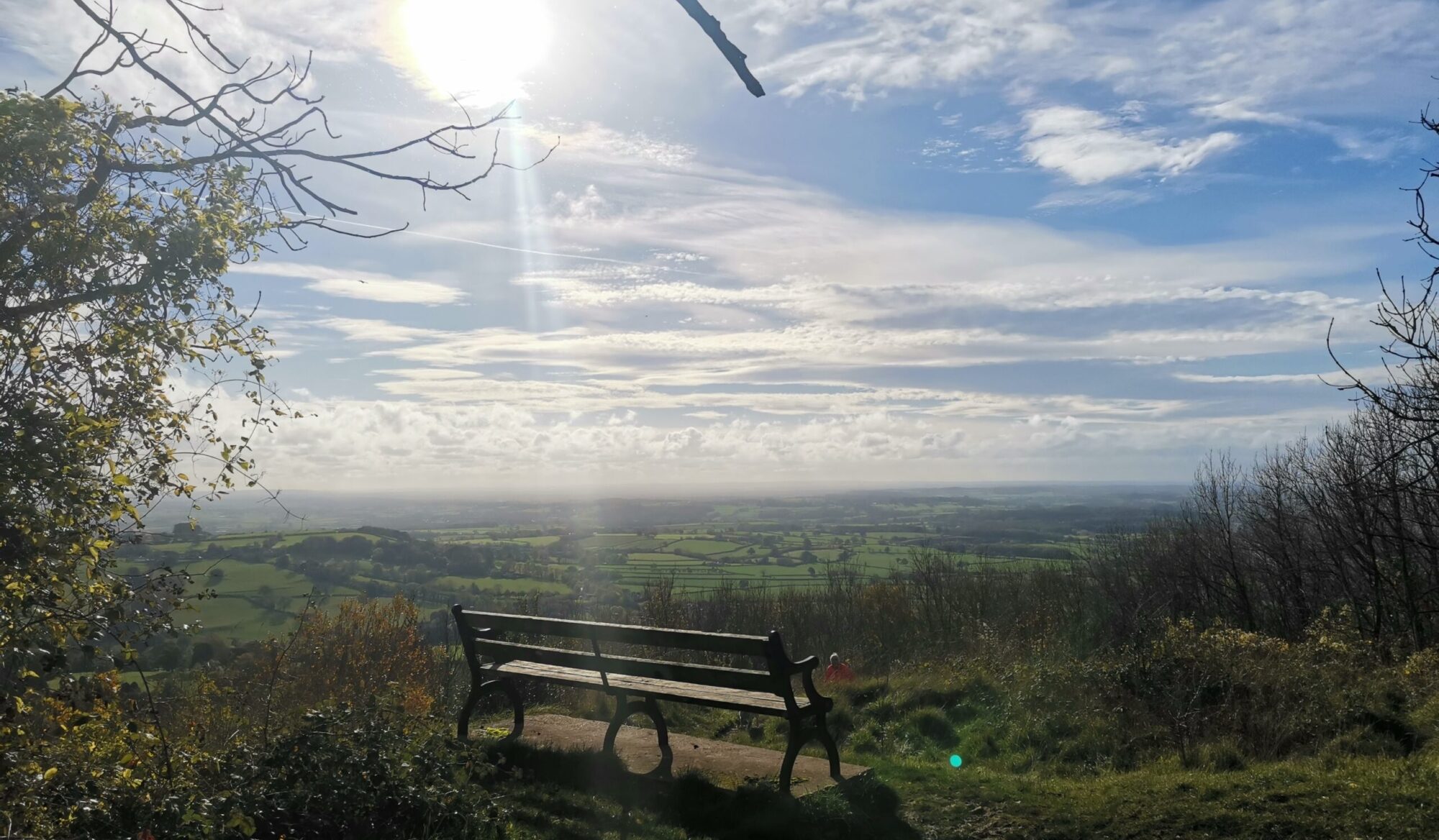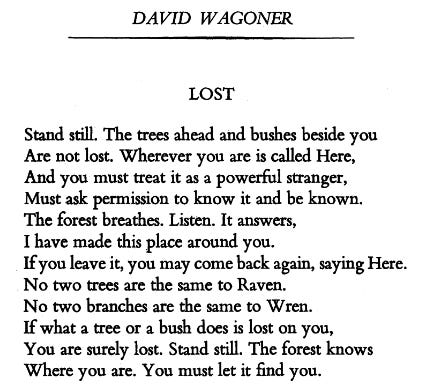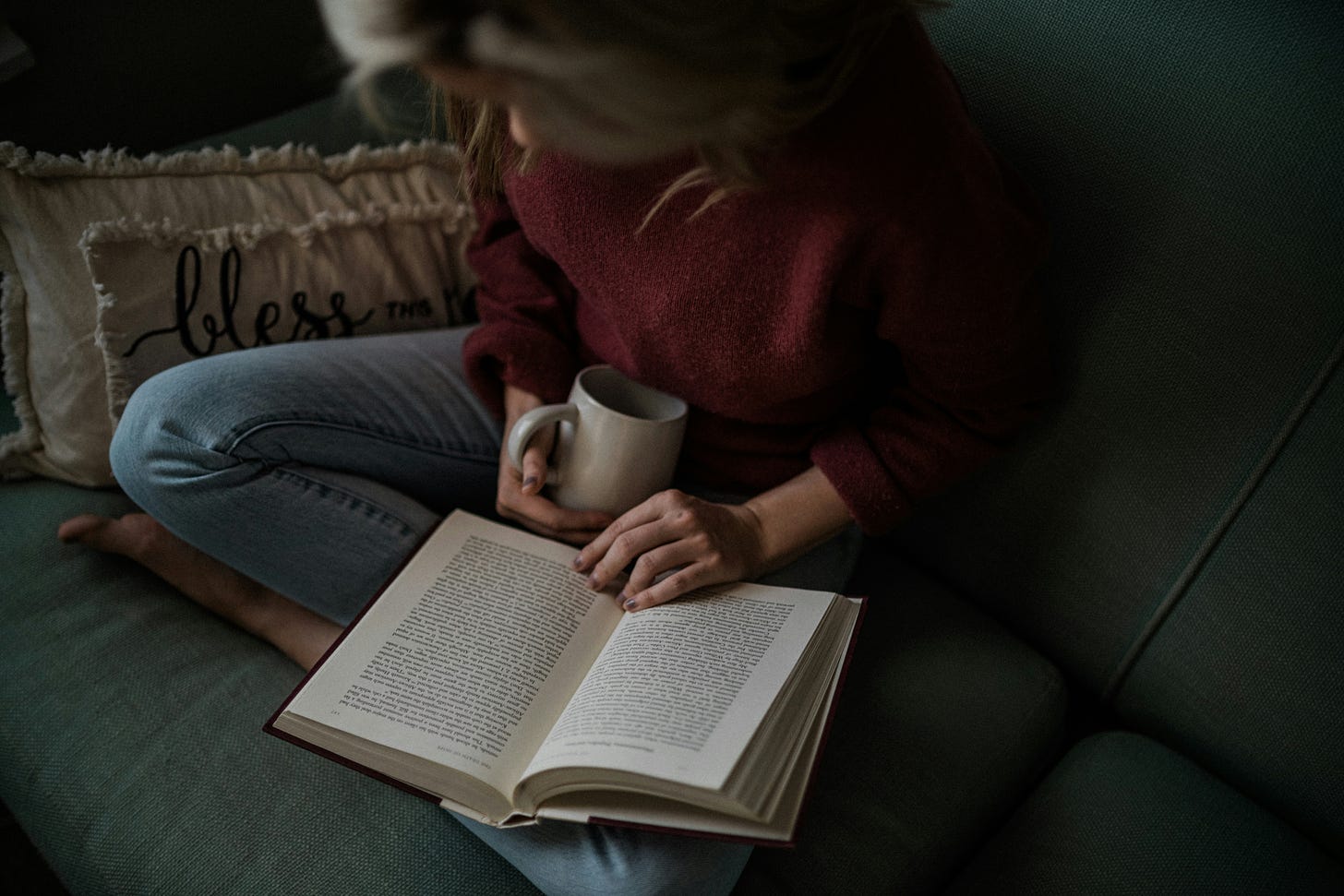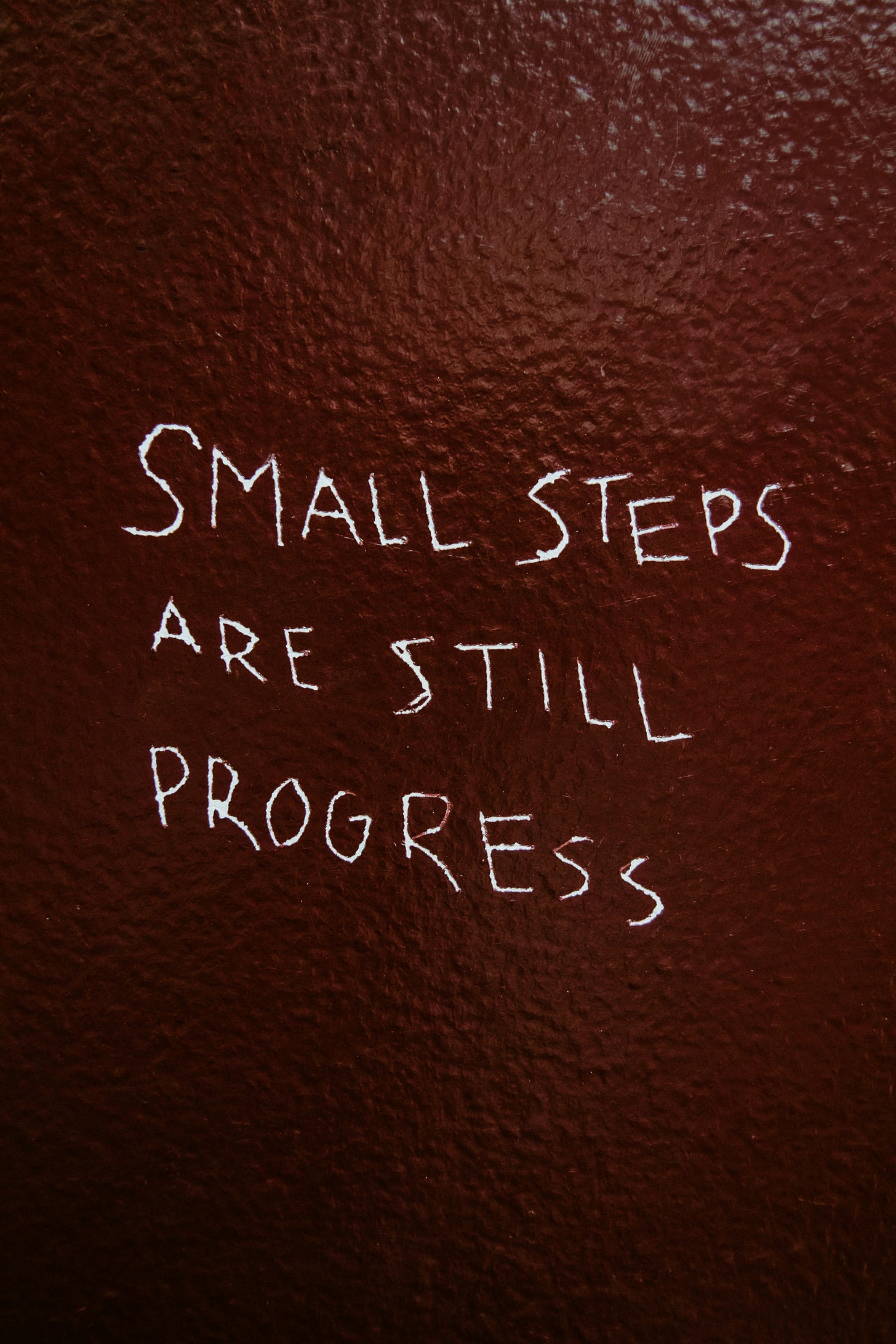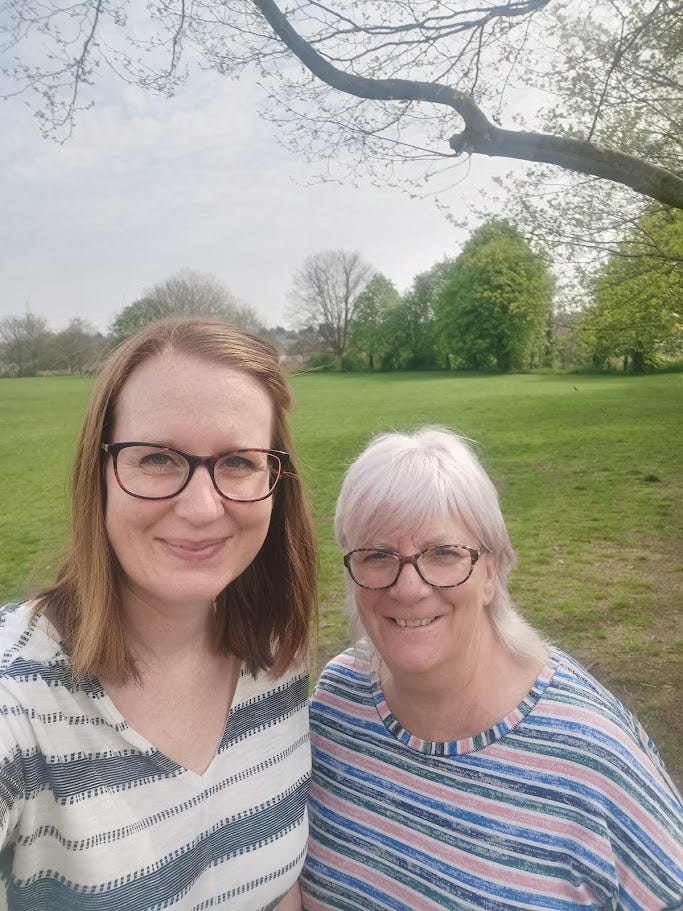I’m curious about those folk who say they feel tired all the time. In my line of work as a coach when people say this it is often accompanied by statements such as
Time is going so fast
How is the weekend over already
I can’t face another week of this
How will I get everything done

There are certain things in life that will result in a certain level of tiredness – ill health, bringing up children, looking after ageing parents, exercise, a hectic weekend especially if it involves travelling about. But I’m not talking about that kind of tiredness. I’m talking about the stuff that seeps into your bones like the cold on a deep December day in a house with inefficient heating. The kind of tiredness that makes you question if there’s more to life than the way you’re currently doing things.
I read an article in the Harvard Business Review in which the author states “Being busy is not the same as being productive”. It made me think about that feeling of tiredness so often coming from a certain busy-ness that lacks critical reflection. We’re doing all the things but how often do we pause to ask if they are energy givers or energy takers?
I’ve worked with a lot of people in the helping professions. I’m struck by how often they are depleted in the course of their work. I’ve been depleted in the past too and realise it’s remarkably easy to feel you have to suck it up, that it’s inevitable and maybe one day you’ll magically learn how to balance everything and you won’t feel that tired again.
I wonder what’s in it for us if we keep ourselves busy. This feels like a significant question. As bizarre as it can seem to think we keep bad habits going because there’s something in it for us, it’s true! Reflecting on my own experience, I would suggest that staying busy meant in the past I didn’t have to confront questions such as
What do I actually want from my working life
Is this relationship still working
I feel I should do this but my heart’s not in it – what does that mean?
These are big topics – and you might have them lurking at the back of your mind, heart and soul too. I believe it’s possible to spend a lifetime avoiding them. And so the tiredness continues.
Just to go back to the idea that being busy is not the same as being productive. It would be easy to think that being productive means having certain tangible things at the end of a period of time. So some critical reflection is required here too. Time spent productively could be
Two minutes stood outside in fresh air to create a pause in screen time during the working day
A whole day absorbed in a book that nurtures your imaginative self
Taking time to learn how to do a home improvement task
Declining an offer to see someone on a day you are already being social – more time with one person, being fully present, as opposed to having half an eye on the time you need to leave by to get to the next social interaction
Underneath these ideas is my belief that we can all slow down and do things that benefit our own inner sense of wellbeing – and this is productive.
There are energy givers and energy takers – do you know what yours are?
Whilst writing this piece I had Slow and Steady by Of Monsters & Men in my head. It is a beautiful song and I love it dearly. It is a song I go to often when I am nurturing the “just being” part of me that wants to slow down. Whilst I have this song in my life I can keep the cause of pervasiveness tiredness at bay. You can see a live recording of it on You Tube:
https://www.youtube-nocookie.com/embed/-jee3voi2Zk?rel=0&autoplay=0&showinfo=0&enablejsapi=0
